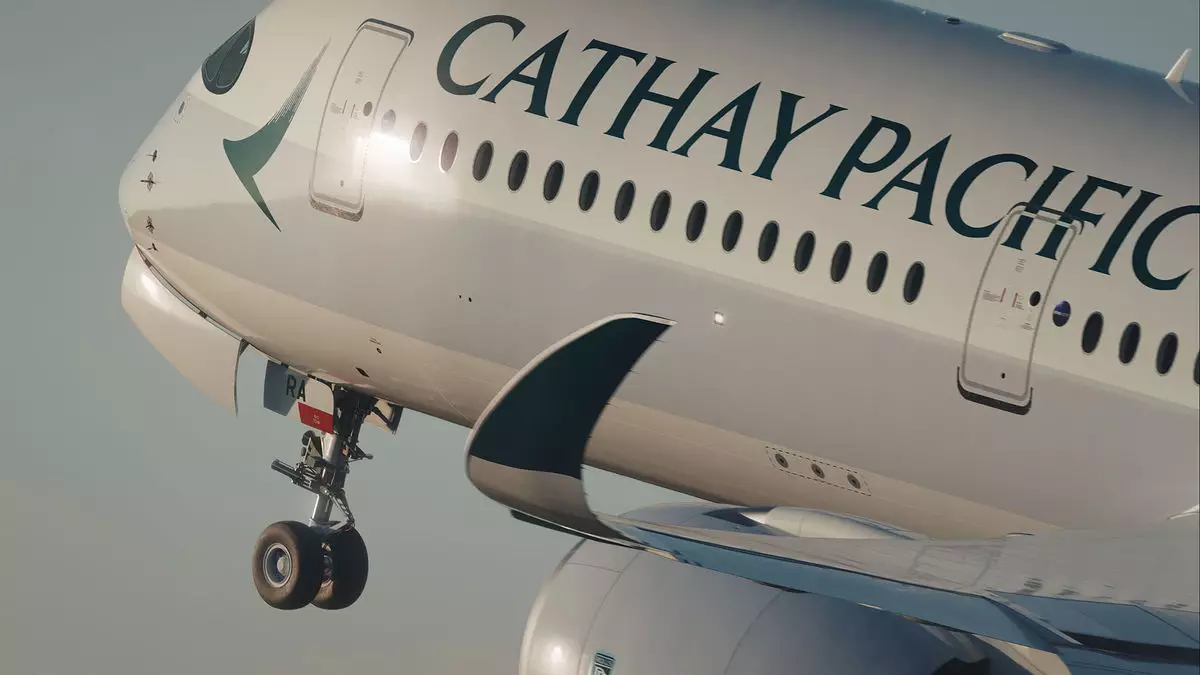The recent incident of an in-flight engine fire on a Cathay Pacific Airbus A350 has raised concerns about the safety of aircraft in operation. Following this incident, Europe’s aviation safety regulator, EASA, has mandated a one-time fleet inspection of fuel hoses on certain Airbus A350 aircraft. This move comes as a response to the engine fire that occurred shortly after takeoff, highlighting the importance of regular aircraft inspections to ensure passenger safety.
The engine-component failure experienced by Cathay Pacific was a first of its kind for any A350 aircraft globally. This serves as a valuable lesson for airlines and regulatory agencies regarding the necessity of proactive maintenance and inspections. Cathay Pacific’s quick action to inspect engines on all its A350 planes demonstrates a commitment to passenger safety and operational excellence.
The ripple effect of Cathay Pacific’s findings has prompted other airlines to take precautionary measures. Singapore Airlines, for example, has initiated inspections on its fleet of Airbus A350s powered by a different Trent XWB variant. Similarly, Japan Airlines has conducted inspections on its A350 aircraft and found no defects, ensuring the safety of its passengers.
Rolls-Royce, the manufacturer of the Trent engine, has expressed its commitment to working closely with airlines, aircraft manufacturers, and regulatory authorities to support inspection efforts. This collaborative approach is essential in maintaining the highest standards of safety in the aviation industry. EASA’s requirement for inspections on specific A350 models underscores the importance of regulatory compliance to prevent potential safety hazards.
U.S. Operator Response
Delta, as the only U.S. operator of the A350, has not been mandated to conduct inspections due to the engine variant used in its fleet. However, the airline has emphasized its commitment to safety and reliability in its global operations. This highlights the proactive approach taken by airlines to ensure the safety of their passengers and the efficiency of their fleets.
The recent incident involving the Airbus A350 has shed light on the significance of regular aircraft inspections in maintaining operational safety. Airlines must prioritize proactive maintenance practices and comply with regulatory requirements to mitigate risks and uphold the highest standards of safety for passengers and crew members. Collaboration between airlines, manufacturers, and regulatory agencies is crucial in addressing safety concerns and preventing potential incidents in the future.


Napsat komentář